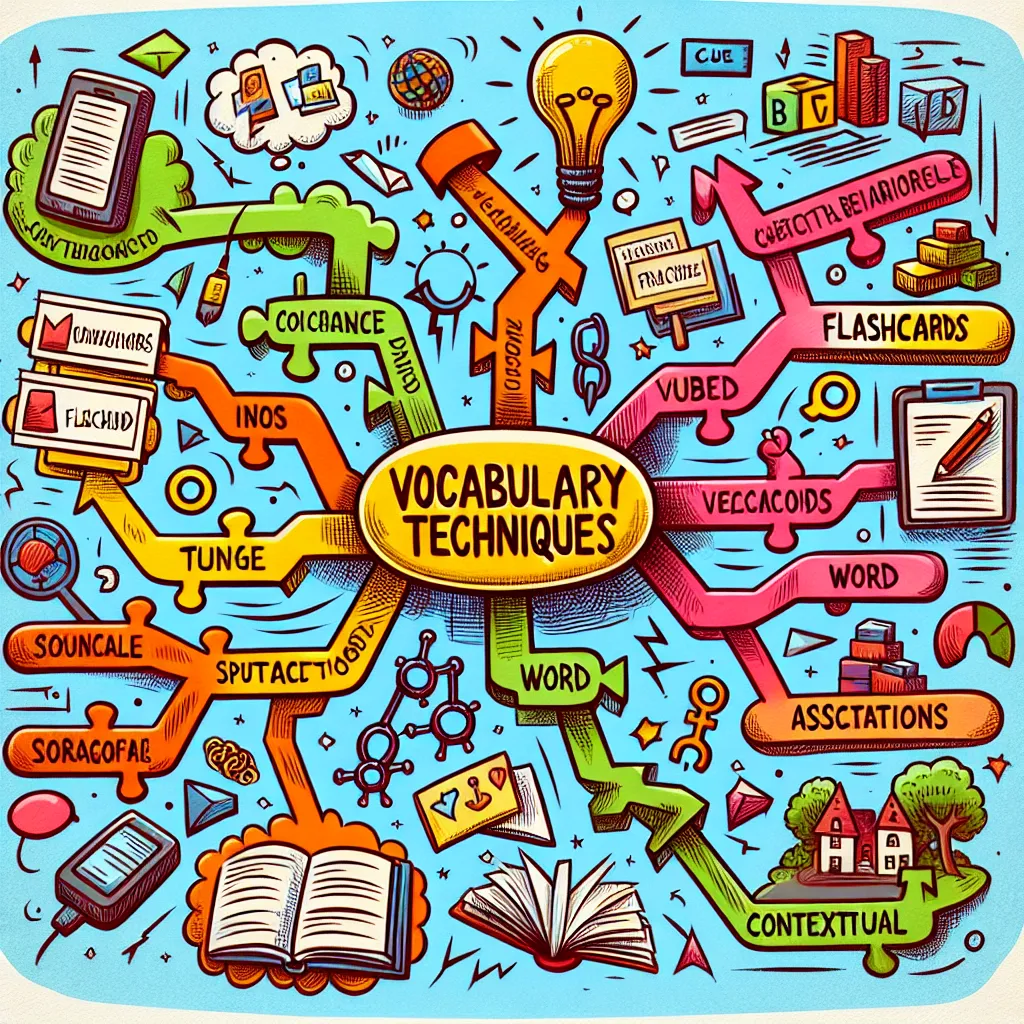Learning English can be a challenging yet rewarding journey. Whether you’re a beginner or looking to enhance your existing skills, these proven strategies will help you master the English language effectively. Let’s explore the Best Tips To Learn English and accelerate your language proficiency.
Why Learning English is Important
English is widely regarded as the global language of business, education, and international communication. Mastering English can open doors to numerous opportunities, including:
- Better career prospects
- Enhanced academic performance
- Easier travel experiences
- Access to a wider range of information and entertainment
- Improved cross-cultural communication
 English as a global language
English as a global language
Best Tips to Learn English
1. Immerse Yourself in English
One of the most effective ways to learn English is through immersion. Surround yourself with the language as much as possible:
- Watch English movies and TV shows with subtitles
- Listen to English music and podcasts
- Read English books, newspapers, and websites
- Change your phone and social media settings to English
By exposing yourself to English regularly, you’ll naturally pick up vocabulary, pronunciation, and sentence structures.
2. Practice Speaking Every Day
Speaking is crucial for language acquisition. Make it a habit to practice speaking English daily:
- Find a language exchange partner or join conversation groups
- Talk to yourself in English
- Record yourself speaking and listen back to identify areas for improvement
- Use language learning apps with speaking exercises
Remember, it’s okay to make mistakes. The more you practice, the more confident you’ll become.
3. Focus on Vocabulary Acquisition
Expanding your vocabulary is essential for improving your English skills:
- Learn new words in context rather than memorizing lists
- Use flashcards or vocabulary apps for regular practice
- Create word association maps to connect related terms
- Challenge yourself to use new words in conversations or writing
Aim to learn 5-10 new words each day and review them regularly to retain the information.
 Vocabulary learning techniques
Vocabulary learning techniques
4. Improve Your Listening Skills
Developing strong listening skills is crucial for understanding native speakers:
- Listen to English podcasts on various topics
- Watch YouTube videos with closed captions
- Practice with dictation exercises
- Use audio language learning resources
Start with slower, clearer content and gradually move to more challenging material as your skills improve.
5. Read Extensively
Reading is an excellent way to improve vocabulary, grammar, and comprehension:
- Start with graded readers suitable for your level
- Read diverse materials: fiction, non-fiction, news articles, blogs
- Use a dictionary or translation app for unfamiliar words
- Discuss what you’ve read with others to reinforce learning
Set aside time each day for reading in English, even if it’s just for 15-20 minutes.
6. Write Regularly
Writing helps reinforce grammar rules and expand your vocabulary:
- Keep a daily journal in English
- Participate in online forums or social media discussions
- Write emails or messages to language exchange partners
- Practice writing essays on various topics
Don’t worry too much about perfection; focus on expressing your ideas clearly.
7. Learn Grammar in Context
While grammar is important, learning it in isolation can be dry and ineffective:
- Pay attention to grammar patterns in the content you consume
- Practice using new grammar structures in your speaking and writing
- Use grammar workbooks or online exercises for targeted practice
- Focus on one grammar point at a time to avoid overwhelm
Remember, fluency is more important than perfect grammar, especially in spoken English.
8. Use Technology to Your Advantage
Leverage technology to enhance your learning experience:
- Use language learning apps like Duolingo, Babbel, or Rosetta Stone
- Join online English courses or tutoring platforms
- Participate in language exchange websites or apps
- Use AI-powered writing assistants to improve your written English
Technology can provide personalized learning experiences and instant feedback, accelerating your progress.
 Language learning apps and technology
Language learning apps and technology
9. Set SMART Goals
Setting Specific, Measurable, Achievable, Relevant, and Time-bound (SMART) goals can keep you motivated:
- “I will learn 50 new words each week”
- “I will watch one English movie without subtitles every weekend”
- “I will have a 30-minute conversation in English three times a week”
Track your progress and celebrate your achievements to stay motivated.
10. Be Patient and Consistent
Learning a language takes time and effort. Stay consistent with your learning routine:
- Dedicate at least 30 minutes to English every day
- Review what you’ve learned regularly
- Don’t get discouraged by setbacks; they’re part of the learning process
- Celebrate small victories along the way
Remember, progress may be slow at times, but consistent effort will lead to significant improvements over time.
Conclusion
Mastering English requires dedication, practice, and the right strategies. By implementing these best tips to learn English, you’ll be well on your way to achieving fluency and confidence in the language. Remember to tailor these strategies to your personal learning style and goals. Stay motivated, be patient with yourself, and enjoy the journey of language learning. With consistent effort and the right approach, you’ll soon find yourself communicating effectively in English in various contexts.




